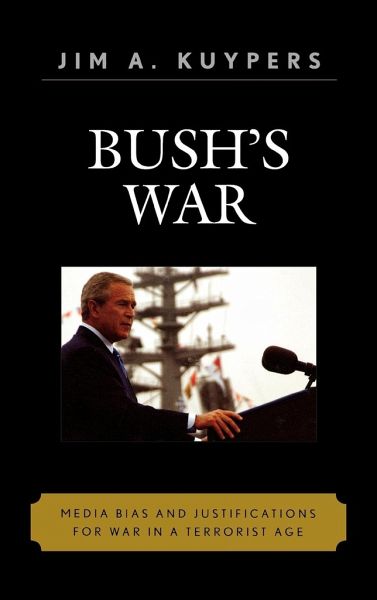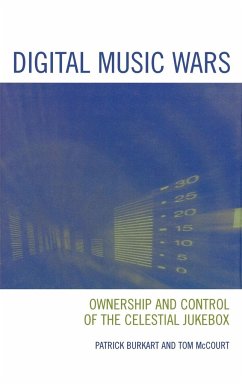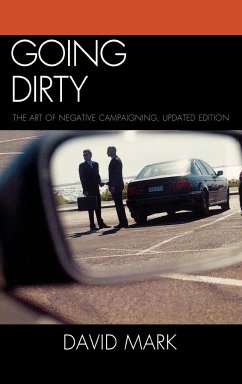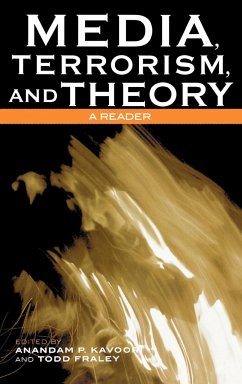
Bush's War
Media Bias and Justifications for War in a Terrorist Age
Versandkostenfrei!
Versandfertig in 1-2 Wochen
124,99 €
inkl. MwSt.
Weitere Ausgaben:

PAYBACK Punkte
62 °P sammeln!
While many books have offered a take on the attacks of 9/11, one area has been comparatively ignored: presidential justifications for war in the age of terrorism. Specifically, what did President Bush say to justify American military actions in the postD9/11 world? And how did the public hear what he said, especially as it was filtered through the news media? The eloquent and thoughtful Bush's War shows how public perception of what the president says is shaped by media bias. Jim A. Kuypers compares Bush's statements with press coverage, arguing that the nature of American public knowledge con...
While many books have offered a take on the attacks of 9/11, one area has been comparatively ignored: presidential justifications for war in the age of terrorism. Specifically, what did President Bush say to justify American military actions in the postD9/11 world? And how did the public hear what he said, especially as it was filtered through the news media? The eloquent and thoughtful Bush's War shows how public perception of what the president says is shaped by media bias. Jim A. Kuypers compares Bush's statements with press coverage, arguing that the nature of American public knowledge concerning our role in the world has been changed_not by 9/11, but by the subsequent argumentative back-and-forth between Bush and the press.














